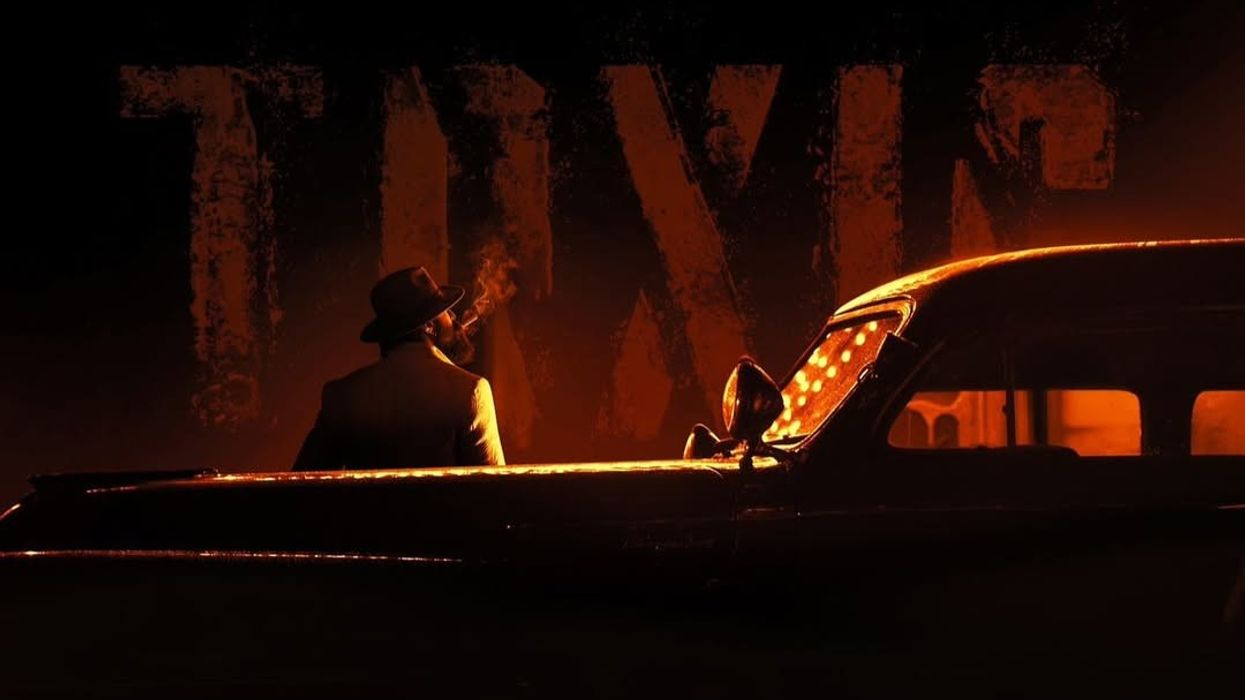Geetu Mohandas’ upcoming film, Toxic: A Fairy Tale for Grown-Ups, is set to break new ground in Indian cinema with high-octane action and a multilingual approach. Unlike most Indian films that rely on dubbing, Toxic is being shot simultaneously in both English and Kannada—a rare move in the industry.
Directed by the critically acclaimed Geetu Mohandas, known for her work in independent cinema, this ambitious project is designed with global aspirations, aiming to connect with audiences beyond Indian shores.
Shooting a film in two languages is uncommon due to the logistical and financial challenges involved. However, Toxic joins a short list of Indian films that have attempted this approach, such as Guide (1965) and Shalimar (1978). The goal is to create an experience that feels authentic in both languages rather than a mere translation.
Mohandas has emphasised that Toxic is crafted to transcend cultural barriers while staying rooted in its storytelling. It blends artistic vision with commercial appeal, ensuring it reaches a broad audience while retaining emotional depth.
The film’s production is on an international scale, featuring Hollywood stunt coordinator J.J. Perry, renowned for his work on John Wick and Fast & Furious, handling the action sequences. Visual effects are being managed by BAFTA-winning VFX company DNEG, the team behind Dune: Part Two. These elements position Toxic as one of the most technically advanced Indian films in recent years.
Set against the backdrop of Goa’s underworld, the story explores themes of power and morality. Yash leads the cast, with Kiara Advani, Nayanthara, and Huma Qureshi in pivotal roles. The film’s antagonist is played by Akshay Oberoi, marking his debut in Kannada cinema.
To maximise its reach, Toxic will also be dubbed into Hindi, Telugu, Tamil, and Malayalam, ensuring it resonates with audiences across India. The filmmakers recently released a teaser, titled Birthday Peek, offering a glimpse into the film’s dark and intense world. Set in a shadowy club environment, the clip showcases a striking visual style complemented by music from London-based composer Jeremy Stack.
Initially slated for release in April 2025, reports suggest potential delays, though fans eagerly await further updates.
With its star power, ambitious production, and international appeal, Toxic is shaping up to be a major cinematic event that could redefine Indian filmmaking on the global stage.





